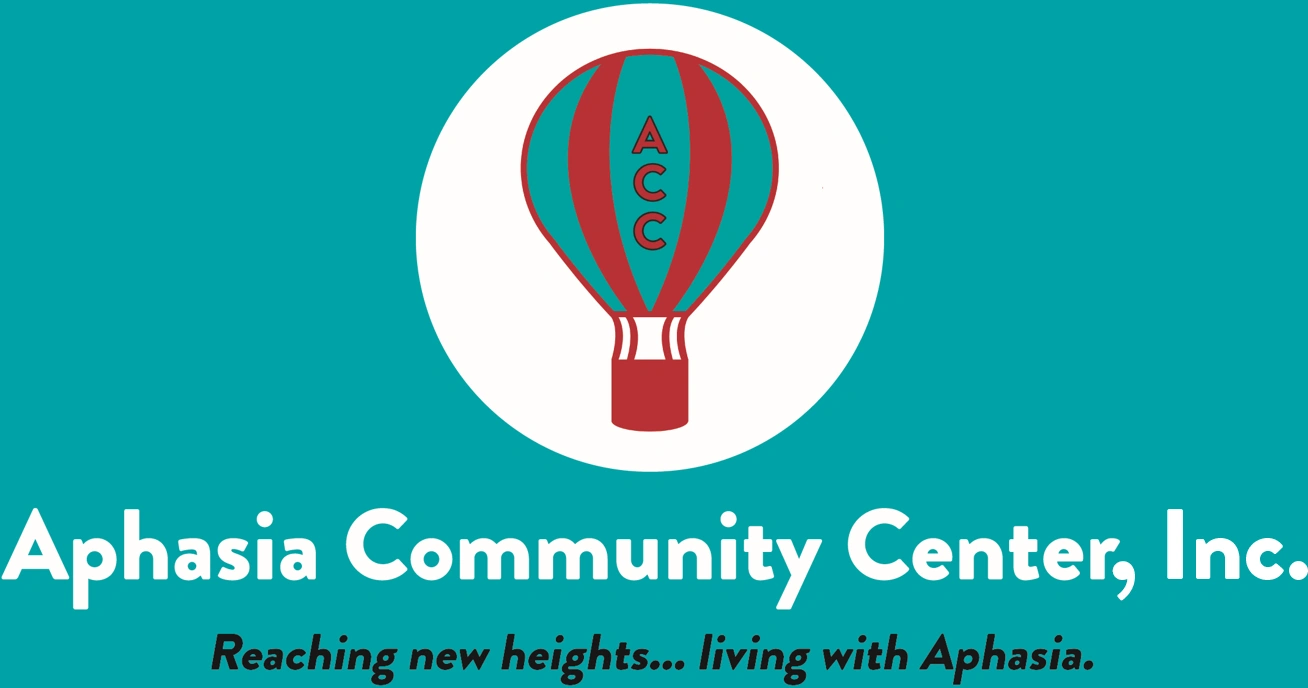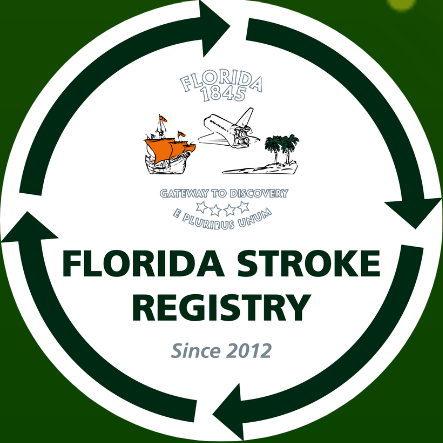In December 2023, Governor Ron DeSantis announced his Focus on Florida’s Future Budget, which includes an essential investment of $1 million for the Florida Stroke Registry. Stroke is the number 5 killer in the United States. But it is much more disabling than it is fatal. The effects of a stroke include loss of movement, memory loss, Aphasia, impaired judgment, and more. As a Stroke VICTOR or a Caregiver, you can register on the Florida Stroke Registry to provide information that may help other Stroke VICTORS.
The Florida Stroke Registry’s (FSR) mission is to improve the quality of stroke care by transforming data into actions. The FSR collects stroke data to improve quality, identify trends and disparities. FSR is a collaboration between Florida Health, the University of Miami, and the American Heart Association/American Stroke Association. The Florida Stroke Registry is also committed to creating educational materials for stroke professionals, researchers, stroke victors, and the greater community.
Created in 2013 with NIH funding, they brought together many Florida hospitals to work together to create an accurate, accessible clearinghouse of data. In 2017, the Florida Legislature enacted a law that says that all Florida Stroke Centers (i.e., hospitals and medical centers) should participate in the Florida Stroke Registry. To date, 176 of the 180 Stroke Centers in Florida have joined. Local hospitals that are part of the Registry include (alphabetically):
- HCA Florida Sarasota Doctor’s Hospital (joined 9/23)
- Lakewood Ranch Medical Center (joined 3/23)
- Manatee Memorial Hospital (joined 3/23)
- Sarasota Memorial Hospital (joined 5/23)
The FSR has been leading the way by changing the landscape of stroke care for much of the country. Many states are copying the tools created by the FSR because they work. These tools include:
- Training and education for clinicians. This includes recorded seminar series on stroke care, the disparities in stroke risk factors, and disparities in patient stroke outcomes.
- Tracking and measuring allows hospitals to see how they perform regarding stroke care. All data are visualized in a graphic format. It is a way to give the hospitals an approach that works.
- Outreach and engagement are done by sharing innovations, breakthroughs, and best practices with the entire network of Stroke Centers. At annual meetings, they bring people together to discuss and share best practices and recognize outstanding Stroke Centers. A newsletter is distributed state-wide to ensure everyone is learning the best way to improve stroke care in Florida.
- Dissemination of results means that people throughout the country and the world know what is happening in Florida regarding stroke care. Many FSR publications are well cited and are evidence of best practices to improve stroke care.
The funding from Focus on Florida’s Future Budget could help expand the collected data, allowing the FSR to collect data from the time before a stroke occurs or identify a trend after patients go home. With better data being provided, science can make advances faster. Ultimately, it is about preventing strokes, improving outcomes, reducing disparities, and improving stroke care.
If you are a Stroke VICTOR or a caregiver with an interest in contributing your experiences. You can participate as a Caregiver/Stroke VICTOR through the Florida Stroke Registry website. You have to answer a few questions about yourself to get started. There are no fees or dues to join the Registry. You can join HERE. Everyone’s input is valuable and helps to improve Florida’s stroke care before, during, and after a stroke.

